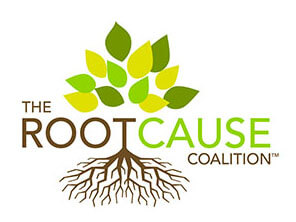Climate as a Social Driver of Health
Climate as a Social Driver of Health
January 2024 - Climate and Health Disparities
The Root Cause Coalition recently conducted a nationally representative study of adults 18 years of age and older to assess perceptions, experiences with and concerns about the effect of climate change and extreme weather on health. Key points are listed below and the full report can be found here, including the demographics for each question.
- More than three-quarters of Americans are concerned about being affected by severe weather over the next year.
- More than 8 in 10 Americans are concerned about other people being affected by severe weather over the next year.
- Nearly one-third of Americans report being affected by extreme weather within the past six months.
- Roughly half of those who have experienced extreme weather had their power go out while a similar percent suffered discomfort from extreme temperatures and increased cost of utility bills.
- Just over one-third of Americans are very confident that they’d know where to go for help if their home suffered damage from extreme weather.
- Roughly half say the impact of extreme weather is a social justice issue.
- A majority say policy makers should prioritize extreme weather as a critical issue; roughly one-third say it should be addressed but not as a top priority.
- A majority are at least somewhat concerned about many potential outcomes from extreme weather with clean water, extreme heat and clean air topping the list.
- Roughly one-third strongly believe that health care professionals should be trained to address the impact of severe weather with patients; only 14% don’t believe it is their responsibility.
Methodology: 1,000 interviews among adults age 18+ were conducted from October 12-16, 2023, using an online survey. The results were weighted to ensure proportional responses. The Bayesian confidence interval for 1,000 interviews is 3.5, which is roughly equivalent to a margin of error of ±3.1 at the 95% confidence level.
Powered By GrowthZone
